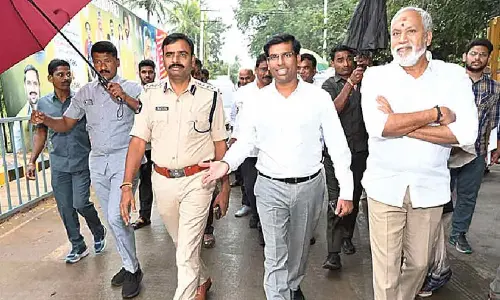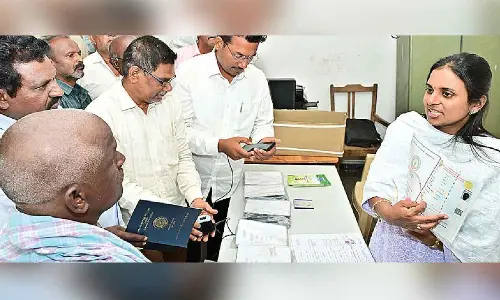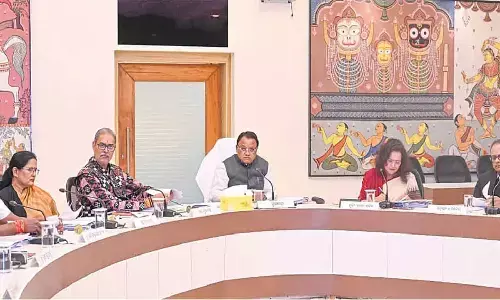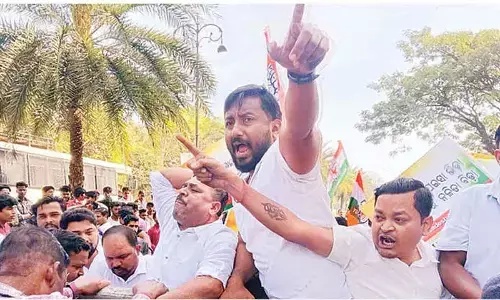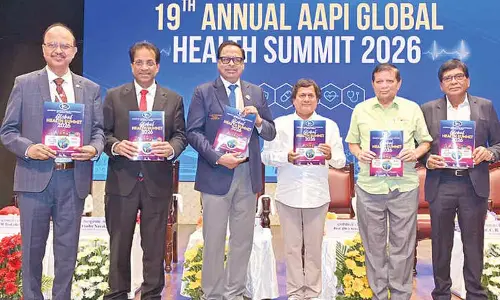India needs pro-biz, not pro-crony policies
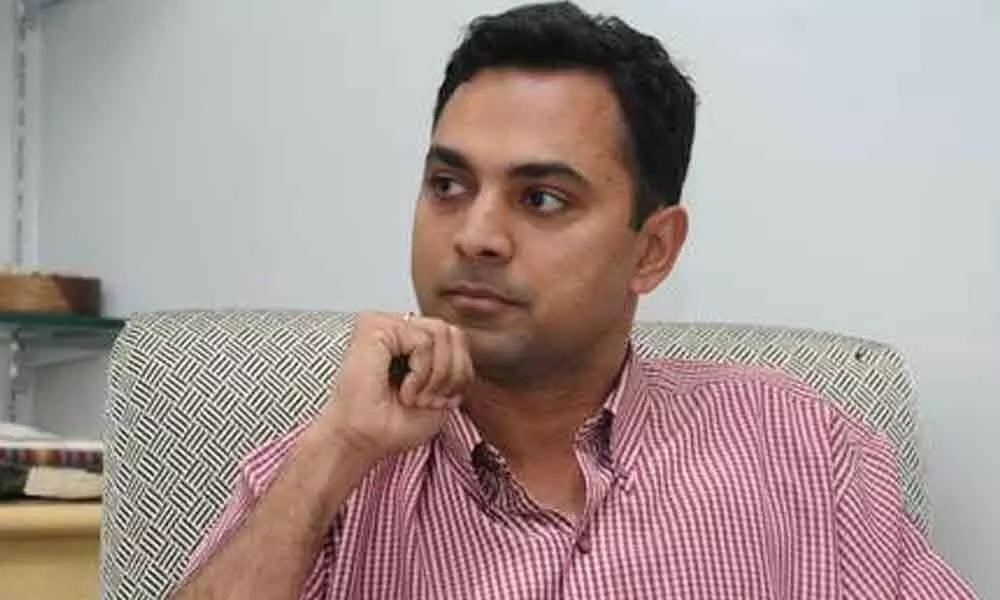
CEA Subramanian says pro-business policies will enable fair competition in the country
India has some distance to go in fully shifting from pro-crony to pro-business policies, Chief Economic Adviser Krishnamurthy Subramanian said on Saturday.
It will be the pro-business policies that will enable the "invisible hands of the market" and also take the country to the goal of $5 trillion GDP, he added.
"Pro-business policies are those that enable fair competition in the country. We have some distance to go in terms of enabling that fully. Pro-crony policies on the other hand just help incumbents and that is something that we have to stay away from in enabling the invisible hands of the market," he said at an alumni conference of his alma mater IIT-Kanpur in Mumbai.
Indian policymaking has been criticised for favouring crony capitalists in the initial decades after Independence, till the country shifted gears by adopting liberalisation in 1991.
Subramanian said after the CAG's report on telecom spectrum allocations came out in 2011, investor returns from "connected companies", a euphemism for crony firms, have been very low as compared to the broader indices.
The problem with cronyism is that it is not better business models and processes which drive the growth, he said, adding that we should always aim for "creative destruction" where the incumbents are challenged.
In a critique of the dominant policy choices in the initial decades after Independence, Subramanian said "the tryst with socialism did not deliver the tryst with destiny", referring to first prime minister Jawaharlal Nehru's famous speech when India attained freedom.
He also made a strong case for not depending only on recent work in economics to make policy choices and neglecting age-old texts like the Arthashastra. "Scholarly work isn't something that was written in the last 100 years but dates back millennia," he said.
The Arthashastra stresses on ethical ways of creating wealth, he said, adding that we need to focus on creating trust in the markets as well. If governance standards have to be increased in the country, there has to be a greater focus on disclosing related-party transactions, the CEA said.
The comments come in the wake of frauds like the one at non-bank lender DHFL. The Union Budget's thrust on 'Assemble in India' should not be seen as substitute to the government's flagship 'Make in India' programme, but as a complementary aspect which will act as a precursor to other goals, he said.
On the focus on 'Assemble in India', Subramanian cited the case of Suzuki's entry into the country in 1980s and the developments in the auto sector since then to illustrate that simple assembly of parts to make a car is a precursor to manufacturing and also intellectual property creation.
Pointing out to the recently released Economic Survey, he said over four crore well-paying jobs can be created in the country by 2025 by focusing on assembling for the world, and the same can go up to eight crore by 2030.
Asked about the Budget's thrust on imposing tariffs on certain sectors and how it has been criticised as being protectionist by some, Subramanian said we need to make a distinction between duties that are imposed on finished products against those on raw materials or intermediate goods which hurt exports.
"We need to move towards far more open trade policies on intermediate goods and raw materials to enable exports," he said.
To a question on external member of the Monetary Policy Committee Chetan Ghate's pitch for more structural reforms, Subramanian said all measures like rate cuts and reforms work with a lag and we should allow time for their benefits to accrue.








